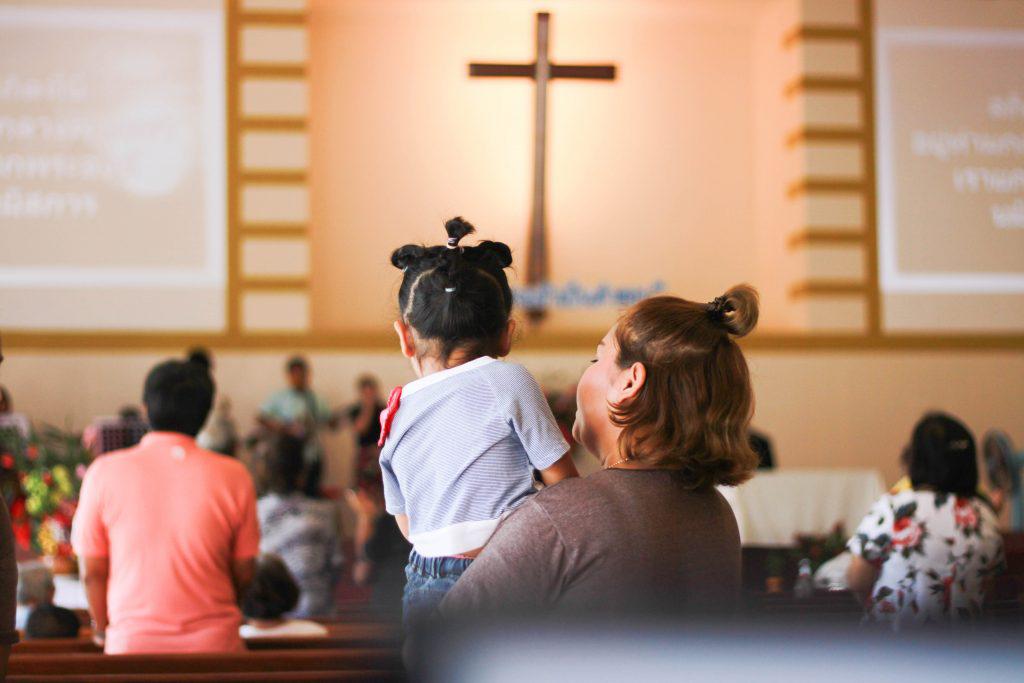|
Who's missing on the Vatican's new abuse task force?
By Inés San Martín
Recently the Vatican announced Pope Francis has created a task force to help bishops’ conferences around the world address the clerical sex abuse crisis. The lineup is impressive, but much like a high-profile February 2019 summit on child protection, laypeople — women in particular — are the missing link. The eight-man lineup for the task force includes seven clerics, two of whom are regarded by all sides as part of the solution to the abuse crisis: Maltese Archbishop Charles Scicluna, once the Vatican’s top prosecutor on priestly abuse of minors; and German Father Hans Zollner, SJ, a member of the Pontifical Commission for the Protection of Minors and director of the Center for Child Protection of Rome’s Gregorian University. The list also includes the Vatican’s version of a chief of staff, Venezuelan Archbishop Edgar Peña Parra; Cardinal Blase Cupich of Chicago; Cardinal Oswald Gracias of Mumbai, who sits on the council of cardinals that advises the pope on reform of the Roman Curia; Spanish Bishop Juan Ignacio Arrieta of the Pontifical Council for Legislative Texts; and Father Federico Lombardi, SJ, former papal spokesman for both Pope Benedict XVI and Pope Francis and the moderator of last year’s summit. Last but not least is layman Andrew Azzopardi, who teaches in the Department of Youth and Community Studies at the University of Malta and also serves on the Safeguarding Commission of the Ecclesiastical Province of Malta, making him a protégé of Archbishop Scicluna. He’s been described to Crux as a “highly competent man,” and is the father of three children. At first glance, there’s little to object to about the group. Not one of the members of the task force is just ballast in what seems an honest attempt to answer a real request from around the world to provide advice, guidance, help, particularly in countries where the clerical abuse crisis hasn’t yet really exploded. The fact that virtually all are clerics may be a help in many parts of the world where clergy still enjoy strong respect. Even in countries such as Iraq, where just being a Christian can be dangerous, on better days priests still can roam almost freely with no need of a visa or passport; their clerical clothing, in itself, is all the authorization they need. Yet there are also questions worth asking about the composition of the task force. First, all the people appointed have highly demanding jobs already, and they’re not giving them up anytime soon. Further, even those who are outsiders have strong ties with the Roman Curia, meaning the Church’s central government. Given that the Vatican often is seen as a barrier to reform and not the solution, several observers, including abuse survivors, have questioned the credibility of the task force. Despite the fact that an estimated 40 percent of cases of clerical abuse currently being studied in the Vatican’s Congregation for the Doctrine of the Faith come from Latin America, it’s valid to wonder why only one member comes from this part of the world, and he’s the highest ranking curial official, arguably one of the busiest men in the Vatican already. It’s also valid to wonder why, even though Africa is the region where the Catholic Church is growing most rapidly, there are no Africans on the team. That’s especially relevant, since many African bishops and other Church leaders say the abuse problem plays out differently there, involving fewer cases of priests preying on boys and more of priests engaging in abusive relationships with women. Few omissions, however, are as glaringly obvious as the lack of women. Pointing this out is not about female empowerment or gender equality. It’s not about appointing women in leadership positions or making sure they have a seat at the decision-making table, goals Pope Francis has spoken about but only spottily accomplished. Having women at the forefront is about protecting children, nothing more, nothing less. It’s often argued that women and men have different sensitivities, and on few topics is that truth as obvious: No one has a more urgent reason to protect children than a mother who fears her children aren’t safe. Moreover, Church officials routinely acknowledge the critical role of women in the transmission of the faith. Without mothers dragging their kids out of bed on Sundays, or patiently rocking a crying baby during Mass while trying to remain inconspicuous, there would be no new generations of Catholics. In the words of Argentine abuse prevention expert Ines Frank, women — really, laity in general — are “fundamental” to the cleanup because they usually have skills priests don’t. Beyond that, there’s also a question of perception: “Those who are being questioned for their actions are priests. The majority of the accused and condemned are men, they are clerics; so here women also have a central, particular role. We have a different sensitivity to the world, so our contribution to resolve the problem from its root is important.” For any task force to have a trickle-up effect, people will have to be convinced that this time reform is for real. Parents will need to see serious, definitive steps being taken, to guarantee that simply saying “never again” is more than a slogan.
|
.
Any original material on these pages is copyright © BishopAccountability.org 2004. Reproduce freely with attribution.
